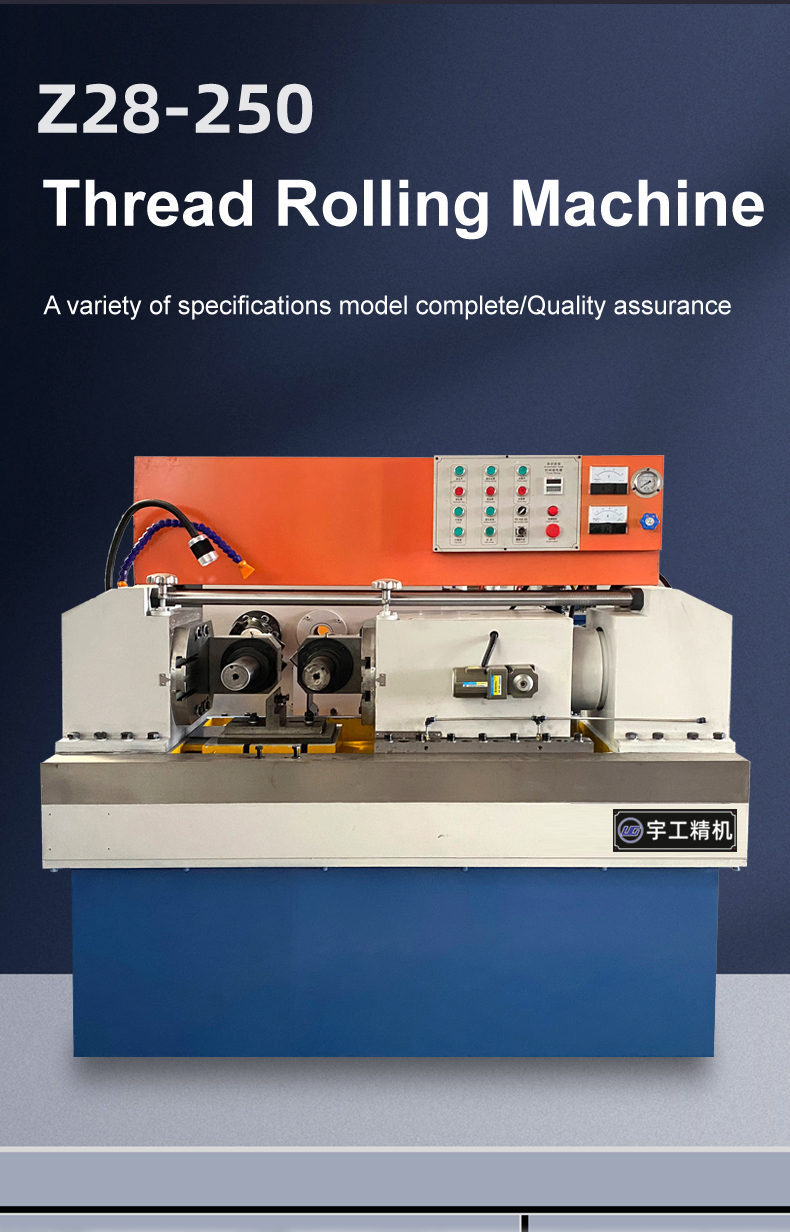
-
 Afrikaans
Afrikaans -
 Albanian
Albanian -
 Amharic
Amharic -
 Arabic
Arabic -
 Armenian
Armenian -
 Azerbaijani
Azerbaijani -
 Basque
Basque -
 Belarusian
Belarusian -
 Bengali
Bengali -
 Bosnian
Bosnian -
 Bulgarian
Bulgarian -
 Catalan
Catalan -
 Cebuano
Cebuano -
 Corsican
Corsican -
 Croatian
Croatian -
 Czech
Czech -
 Danish
Danish -
 Dutch
Dutch -
 English
English -
 Esperanto
Esperanto -
 Estonian
Estonian -
 Finnish
Finnish -
 French
French -
 Frisian
Frisian -
 Galician
Galician -
 Georgian
Georgian -
 German
German -
 Greek
Greek -
 Gujarati
Gujarati -
 Haitian Creole
Haitian Creole -
 hausa
hausa -
 hawaiian
hawaiian -
 Hebrew
Hebrew -
 Hindi
Hindi -
 Miao
Miao -
 Hungarian
Hungarian -
 Icelandic
Icelandic -
 igbo
igbo -
 Indonesian
Indonesian -
 irish
irish -
 Italian
Italian -
 Japanese
Japanese -
 Javanese
Javanese -
 Kannada
Kannada -
 kazakh
kazakh -
 Khmer
Khmer -
 Rwandese
Rwandese -
 Korean
Korean -
 Kurdish
Kurdish -
 Kyrgyz
Kyrgyz -
 Lao
Lao -
 Latin
Latin -
 Latvian
Latvian -
 Lithuanian
Lithuanian -
 Luxembourgish
Luxembourgish -
 Macedonian
Macedonian -
 Malgashi
Malgashi -
 Malay
Malay -
 Malayalam
Malayalam -
 Maltese
Maltese -
 Maori
Maori -
 Marathi
Marathi -
 Mongolian
Mongolian -
 Myanmar
Myanmar -
 Nepali
Nepali -
 Norwegian
Norwegian -
 Norwegian
Norwegian -
 Occitan
Occitan -
 Pashto
Pashto -
 Persian
Persian -
 Polish
Polish -
 Portuguese
Portuguese -
 Punjabi
Punjabi -
 Romanian
Romanian -
 Russian
Russian -
 Samoan
Samoan -
 Scottish Gaelic
Scottish Gaelic -
 Serbian
Serbian -
 Sesotho
Sesotho -
 Shona
Shona -
 Sindhi
Sindhi -
 Sinhala
Sinhala -
 Slovak
Slovak -
 Slovenian
Slovenian -
 Somali
Somali -
 Spanish
Spanish -
 Sundanese
Sundanese -
 Swahili
Swahili -
 Swedish
Swedish -
 Tagalog
Tagalog -
 Tajik
Tajik -
 Tamil
Tamil -
 Tatar
Tatar -
 Telugu
Telugu -
 Thai
Thai -
 Turkish
Turkish -
 Turkmen
Turkmen -
 Ukrainian
Ukrainian -
 Urdu
Urdu -
 Uighur
Uighur -
 Uzbek
Uzbek -
 Vietnamese
Vietnamese -
 Welsh
Welsh -
 Bantu
Bantu -
 Yiddish
Yiddish -
 Yoruba
Yoruba -
 Zulu
Zulu
best types of thread rolling machine
Best Types of Thread Rolling Machines An Overview
Thread rolling is a manufacturing process used to create threads on cylindrical parts, which is essential in various industries such as automotive, aerospace, and machinery. This method offers advantages over traditional cutting methods, including improved strength, better dimensional accuracy, and enhanced surface finish. To achieve the best results, selecting the right type of thread rolling machine is crucial. This article will delve into the best types of thread rolling machines available on the market today.
1. Flat Die Thread Rolling Machines
Flat die thread rolling machines are among the most commonly used types for small to medium-sized components. These machines utilize flat dies to form threads. The workpiece is passed between two flat rollers, which press against it to create the desired thread profile. Flat die machines are known for their versatility and can produce various thread sizes and designs. They are particularly suited for applications involving screws, bolts, and other fasteners.
Advantages - High production rates due to continuous operation - Suitable for various materials, including metals and plastics - Cost-effective for small to medium production runs
2. Circular Thread Rolling Machines
Circular thread rolling machines, on the other hand, are designed for producing threads on larger components with a more robust structure. These machines use rotating circular dies rather than flat dies, accommodating the rolling of threads around the circumference of the workpiece. Circular thread rolling machines are ideal for manufacturing components like large bolts and fasteners, where strength and durability are crucial.
Advantages - Enhanced thread strength due to the rolling process - Capability to roll larger and heavy-duty parts - Consistent thread quality and finish
3. CNC Thread Rolling Machines
Computer Numerical Control (CNC) thread rolling machines represent a significant advancement in thread rolling technology. These machines leverage computer capabilities to automate the rolling process, allowing for precise control over thread dimensions and consistency. CNC thread rolling machines are versatile and can handle various thread patterns and sizes, making them suitable for complex applications in high-precision industries.
best types of thread rolling machine

Advantages - High precision and repeatability in thread production - Reduced setup times due to programmable operations - Capability to produce intricate thread designs
4. Hydraulic Thread Rolling Machines
Hydraulic thread rolling machines utilize hydraulic force to create threads, which enhances their versatility and capability to handle a wide range of materials. These machines are ideal for producing larger and heavier components and are often geared toward high-volume production. The hydraulic mechanism provides greater control over the pressure applied during the rolling process, allowing for better thread formation.
Advantages - Greater flexibility in terms of thread sizes and designs - Increased production efficiency for large batches - Lower noise levels compared to mechanical machines
5. Offset Thread Rolling Machines
Offset thread rolling machines are specifically designed for applications where space is limited. These machines employ a unique offset design that allows them to operate in tighter areas without compromising performance. They are especially beneficial for manufacturers who need to produce threaded components in constrained environments.
Advantages - Space-saving design ideal for compact work environments - Efficient for producing small to medium-sized threaded parts - Maintenance and operational costs are generally lower
Conclusion
Choosing the right type of thread rolling machine is essential to achieving optimal results in thread production. Each type of machine—flat die, circular, CNC, hydraulic, and offset—has its unique advantages and is suited for specific applications. Factors such as the size and material of the workpieces, the complexity of the thread design, and production volume requirements should guide the selection process. By understanding the different types of thread rolling machines, manufacturers can make informed decisions that enhance productivity, product quality, and overall efficiency in the production process. As industries continue to evolve, investing in modern and efficient thread rolling machines will ensure companies remain competitive and capable of meeting market demands.
